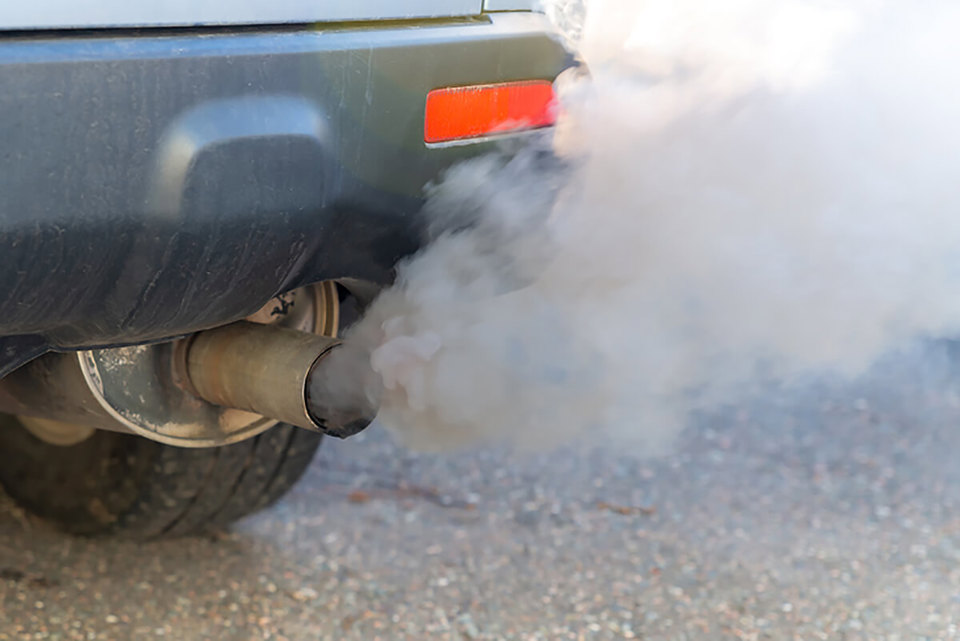Policy Exchange has called for a rise in road tax for new diesel cars to fund a scrappage scheme.
The group's proposal states the Government should increase the first year Vehicle Exercise Duty (VED) rate for new diesel cars by up to £800 to reflect the higher levels of air pollution they cause compared to petrol cars.
Announcing the recommendation ahead of a major report on air quality expected later this month, Policy Exchange says that the proposal could generate £500 million a year of additional revenue, the equivalent of increasing fuel duty by 1 pence per litre.
The thinktank says the revenue should be used to fund a new diesel scrappage scheme with matched funding from car manufacturers, providing £2,000 grants to motorists who scrap an old diesel car or van and purchase a new lower emission vehicle.
Policy Exchange believes that encouraging motorists to switch from diesel towards lower emission alternatives such as petrol, hybrid, or electric cars would lead to a dramatic improvement in air pollution levels in the UK. A previous Policy Exchange report found that 12.5% of London’s total area - containing 3.8 million workers, as well as 979 schools attended by a quarter of London’s school population - exceeded legal and healthy limits for nitrogen dioxide (NO2) in 2010.
Diesel cars and vans cause 70% of NOx emissions in London.
It says that existing diesel drivers should not be penalised, as they bought their vehicles in good faith. For the last 15 years, motorists have been encouraged to purchase diesel vehicles, with road tax (Vehicle Excise Duty), Company Car Tax, and Capital Allowances are all geared towards lower CO2 vehicles. Consequently, diesel cars have increased from 14% of the car fleet in Great Britain in 2001, to 36% of the car fleet today.
It is estimated that if air pollution stayed at current levels it would reduce the average life expectancy across all Londoners born in 2010 by up to 2 years.
The proposed VED increase as discussed by the group would only be applicable to new diesel cars, not to existing diesel cars or other vehicles such as vans.
Richard Howard, head of environment and energy at Policy Exchange, said: “London and many of the UK’s other major cities are facing an air pollution crisis, with residents exposed to illegal and unhealthy levels of NO2 pollution.
“If we are to clean up air pollution, then Government needs to recognise that diesel is the primary cause of the problem, and to promote a shift to alternatives. This needs to be done in a way which does not unduly penalise existing diesel drivers, who bought their vehicle in good faith, and gives motorists sufficient time to respond.
“Instead of increasing diesel fuel duty or banning diesels from city centres, the government should look to increase taxes on new diesel cars and offer scrappage grants to take old polluting diesels off the road.”
AA’s head of roads and transport policy Paul Watters added: “We wouldn’t support an increase in VED. Overall air pollution is actually falling – yes, there are hot spots of about eight to 10 cities, but these cities are looking at measures to reduce the problem – it’s not just vehicle pollutants.
“We would, however, fully support a diesel scrappage scheme; to get rid of older diesels, which are way out of line with current emissions standards, can be nothing but a positive thing.”


















Adam Rollins Midas FMS - 11/03/2016 12:41
So we encourage diesel drivers in old, polluting vehicles to stay in those cars and demonise increasingly cleaner diesels? At the same time we can also stifle the motivation for developing greater improvements that may be required until geniuinely cleaner technologies are available. By cleaner, I also refer to the generation side of electric, hydrogen, etc., and to environmentally friendly production and disposal of raw materials for alternative technologies. As soon as the income stram dries up from from one demonised technology, let us be sure another will be demonised in turn to replace it.